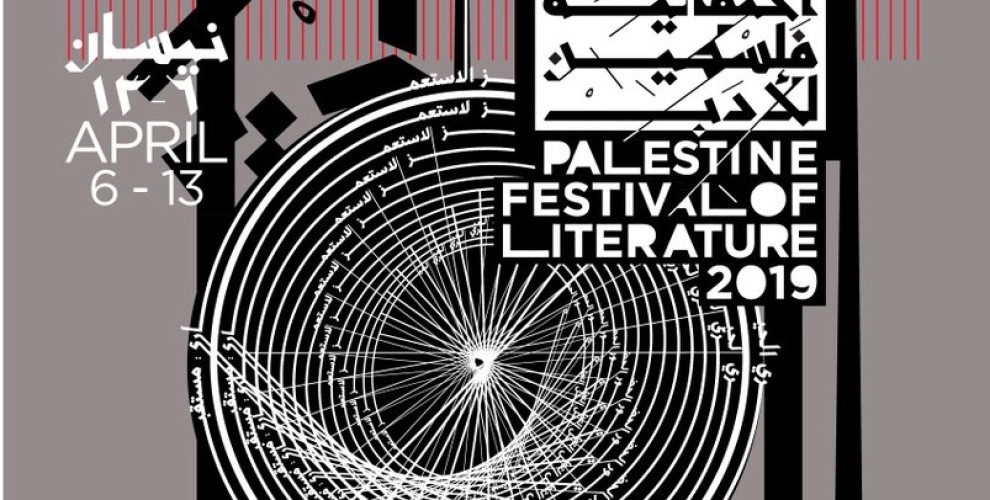Palestine Festival of Literature kicked off
Like previous PalFests, this year's events will bring out an international group of writers, including British-born Ghanaian poet Victoria Adukwei Bulley and Mojave poet Natalie Diaz.
Like previous PalFests, this year's events will bring out an international group of writers, including British-born Ghanaian poet Victoria Adukwei Bulley and Mojave poet Natalie Diaz.

The Palestine Festival of Literature, along with architect and editor Mahdi Sabbagh, has brought together a group of writers, urbanists, architects, and academics for a two-year collaborative project that opened on Saturday at Jerusalem's Yabous Cultural Centre.
"Urban Futures: Colonial Space Today" kicks off its week of events, much like PalFests of the past, which took place each spring between 2008 and 2017.
Like previous PalFests, this year's events will bring out an international group of writers, including British-born Ghanaian poet Victoria Adukwei Bulley; Mojave poet Natalie Diaz; and Spanish graphic novelist Ricardo Cavolo. The festival will also see talks by visiting publishers, architects, and particularly scholars.
Previous PalFests ran like week-long literary festivals, where authors would travel to cities around historic Palestine and present their work. The authors also toured the country with the idea that, afterwards, "the visiting authors would return home and write and speak about what they had seen." Certainly, many writers left PalFest and wrote creative work entangled with that experience. In 2013, the year ArabLit traveled with PalFest, novelist China Miéville wrote "Exit Strategy."
Over its 10 years, the festival brought a number of acclaimed world writers to venues around Palestine to give talks and workshops.
The festival also provoked criticism: In 2010, Sousan Hammad criticized what was then a largely English-language festival, asking whether this was "A culture of exchange or elitism?" and Ashraf Zaghal wrote, in 2014, that the festival was taking the world back "to the 1960s in order to repeat the coming of the super journalist savior, who will introduce Palestinian literature to the whole world this time."
During the year off, PalFest organizers shifted to what they're calling a "phase two." From the redesigned website:
So we return now, after a one-year break, with PalFest 2019 and a sharpened focus on how to foster new writing that clarifies and frames the connections between the colonization of Palestine and the accelerating systems of control and dispossession around the world.
For the first time, PalFest will be organised around themes. The theme for PalFest 2019 is: Urban Futures: Colonial Space Today.
This is not now a one-week event where writers come in for a brief series of talks and workshops. It's a two-year invitation "for those whose experience in Palestine catalyses new work or new collaborations that can then be presented at subsequent festivals."
This evening's opening event is "Gaza: Enforced Absence." Upcoming events include "The Weaponized Space of Colonialism in Algeria, Turtle Island & Palestine" in Nablus and "Against Colonial Language" in Haifa. A full schedule is available on the PalFest website, along with information about participating writers.